
How to Lucid Dream
Dreams are one of the most mysterious occurrences of the human experience. While studies have shown that other species may dream as well, the difference
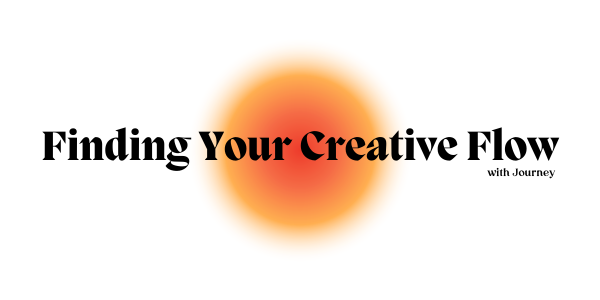
For many who walk the path of creativity, the dreaded ‘creative block’ is a periodical occurrence that all artists know too well. Amidst deadlines, artistic pressures, and the ceaseless drive to innovate, navigating these creative dry spells becomes an essential part of being a creator.
But what if I told you there was a path less travelled, one that has been, for a select few, a passageway through life’s slower seasons? Microdosing psychedelics has emerged as a remedy for creative desolation, providing a gentle push into the transcendent realms of inspired creation. This blog post takes a look into how microdosing for creativity can lift the veil of stagnation, offering fresh perspectives when you need them most.
Understanding the essence of a creative block is the first step to leaping over it. It’s a myth that artists are constantly in a state of flow, ready to channel their muses at the snap of a finger. Creative block is more than just a lack of ideas; it’s an acute sense of being unable to produce work, often accompanied by a deep-rooted frustration.
It’s crucial to differentiate this from a creativity lull, a natural ebb in creative output that allows the artist to rest and regenerate. Recognizing when you’re simply running on empty versus being obstructed by an invisible force is the key to determining the appropriate response.
When the creative juices cease to flow, the most immediate and instinctive reaction is often to push harder. However, this pursuit can be exhausting and actually set you further back. Instead, taking a step back, indulging in activities unrelated to the creative task at hand, and simply letting the mind wander can be more productive than hours of stressful attempts at creation.
Think of it as filling your headspace with something other than the problem. Engage in exercise, take a walk in nature, or simply read a book. By doing so, you release the vice grip of expectation and allow for a mental reset. In this void, the soil of inspiration can be freshly tilled.
The term ‘microdosing‘ has become somewhat of a buzzword, evoking images of tech-entrepreneurs and Silicon Valley wizards seeking an edge in their performance. But beyond the corporate agenda, microdosing for creativity can be a gentle nudge for the stalled artist unsure of how to rekindle their creative fire.
This practice typically involves ingesting micro-amounts of psychedelics, such as 1PD (Lysergamide) or MicroMush (Psilocybin), not to elicit a full-blown trip, but to tap into a subtler spectrum of effects. These include heightened focus, an acute sense of flow, and the dissolution of cognitive rigidity – all of which are valuable allies in the struggle to overcome creative block!
The neuroscientific underpinnings of creative processes are as varied and complex as the art forms they underpin. What this practice seems to do is orchestrate an alchemy in the brain that fosters unique thinking, associative thought processing, and an openness to new perspectives.
A study titled ‘Psychedelics Promote Structural and Functional Neural Plasticity‘ published in the journal Cell Reports suggests that psychedelic compounds have the potential to stimulate growth and reorganization in the brain, fundamental processes that can breathe new life into a stagnant creative well! No wonder a boost in creativity is in the top 3 most commonly reported benefits of microdosing!
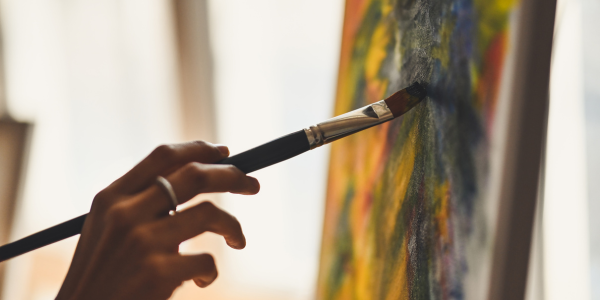
And what about the anxiety that comes to visit when your creative juices run dry? This is especially relatable for those who are creators by trade. It’s hard to create when the mind is a writhing snake pit of stress and anxiety. The mere process of trying to create can become a stressor in itself. This defeats the whole point of creating art. Our time spent brainstorming, planning and creating a piece of art should set up free, not make us feel trapped. Radical self-compassion in moments of creative block is not a betrayal of your artistry but a step towards caring for your most valuable instrument – you. Identifying the sources of your stress and learning to manage them is an ongoing process, but it’s essential to foster an environment where your creative impulses can flourish.
Creativity cannot be coerced, but it can be cultivated. Dedicate time to your art, even if you’re not feeling particularly inspired. Routine is the mechanization of creativity; it’s the act of showing up, of placing one word after another, one stroke of the brush, one note on the staff, even when it feels like drawing water from a stone. Even if you manage a few strokes on your canvas, it is better that you showed up to your canvas at all that day. Of course, if you are feeling creatively burnt out, take time away from the canvas. But make sure to visit it each and every day you can manage.
Artists are often encouraged to look within for inspiration, and while there’s immense value in introspection, sometimes the most profound sparks of creativity ignite from the outside. Expose yourself to art forms, music, literature, and experiences that are radically alien to your usual palate. Take a break from making art and consume it instead. Immerse yourself in the world with childlike wonder, and watch as the thread of inspiration weaves through the most unlikely of encounters.
It must be reiterated that the path to overcoming creative block is not a one-size-fits-all garment. Microdosing is just one thread in a tapestry of potential solutions, a method synonymous with prudence, kindness, and an acute awareness of the self.
For some, it may offer a bridge over troubled waters, a glimmer on the horizon. For others, alternative strategies – the power of pause, the value of external stimuli, the dance between discipline and patience – may prove more efficacious. For some, this simple practice can steady the shaky hand of an artist who is doubting themselves to the point where they cease to create art. Use this practice as a tool in the same way you can use meditation as a tool.
Creative block is but a temporary state, a fleeting shadow cast by the resplendent light of possibility. By whatever means, may you reignite your passion, release your vision, and allow your art to bloom in all of its glory.

Dreams are one of the most mysterious occurrences of the human experience. While studies have shown that other species may dream as well, the difference
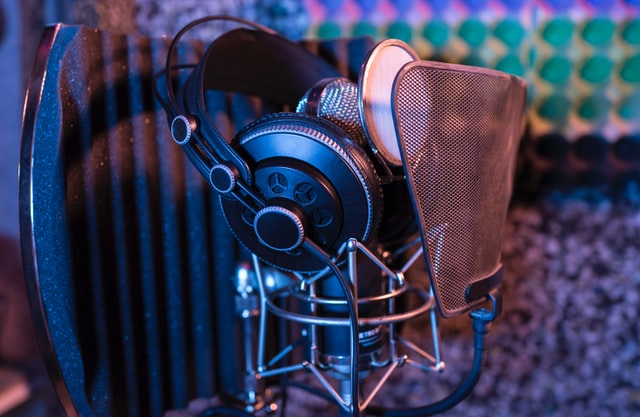
“Welcome to the world of Microdosing” In a galaxy far far away (P.S. J.K., I mean the earth), human beings have found a way to
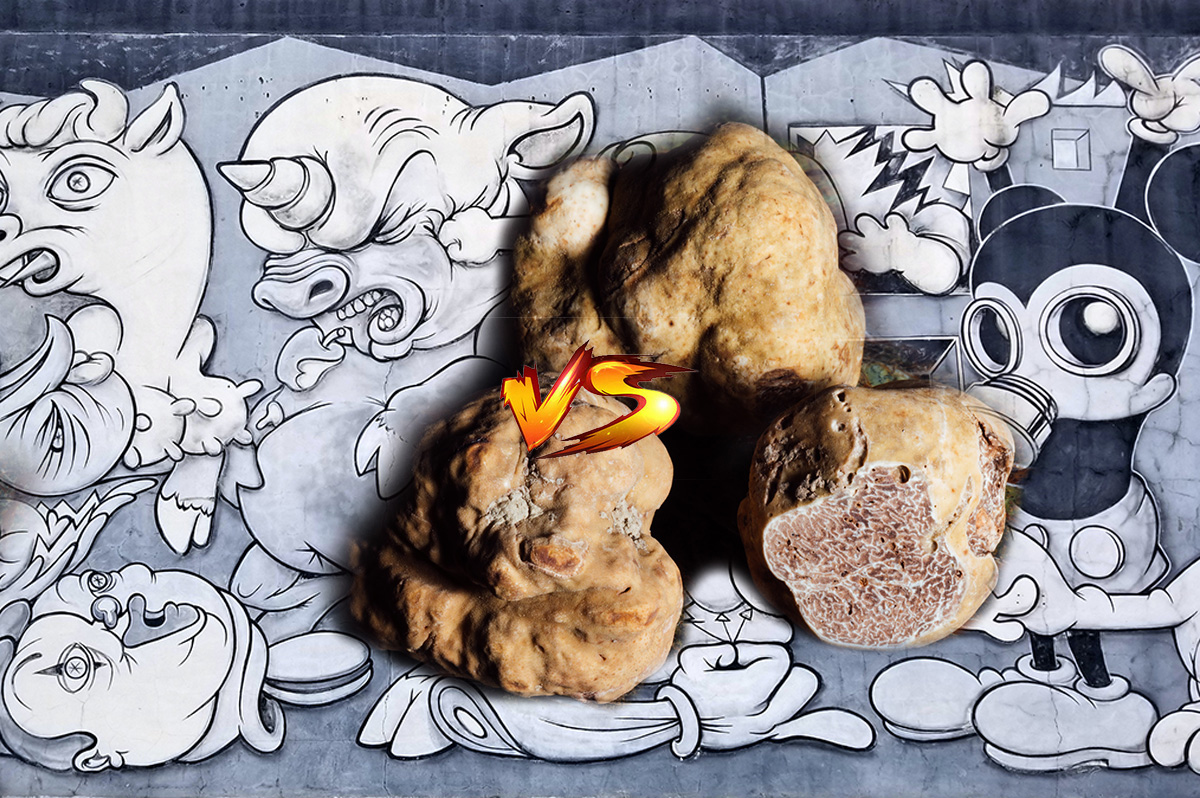
Now that microdosing has become acceptable – trendy, even – it’s no longer a question of whether or not you should consider microdosing, but what
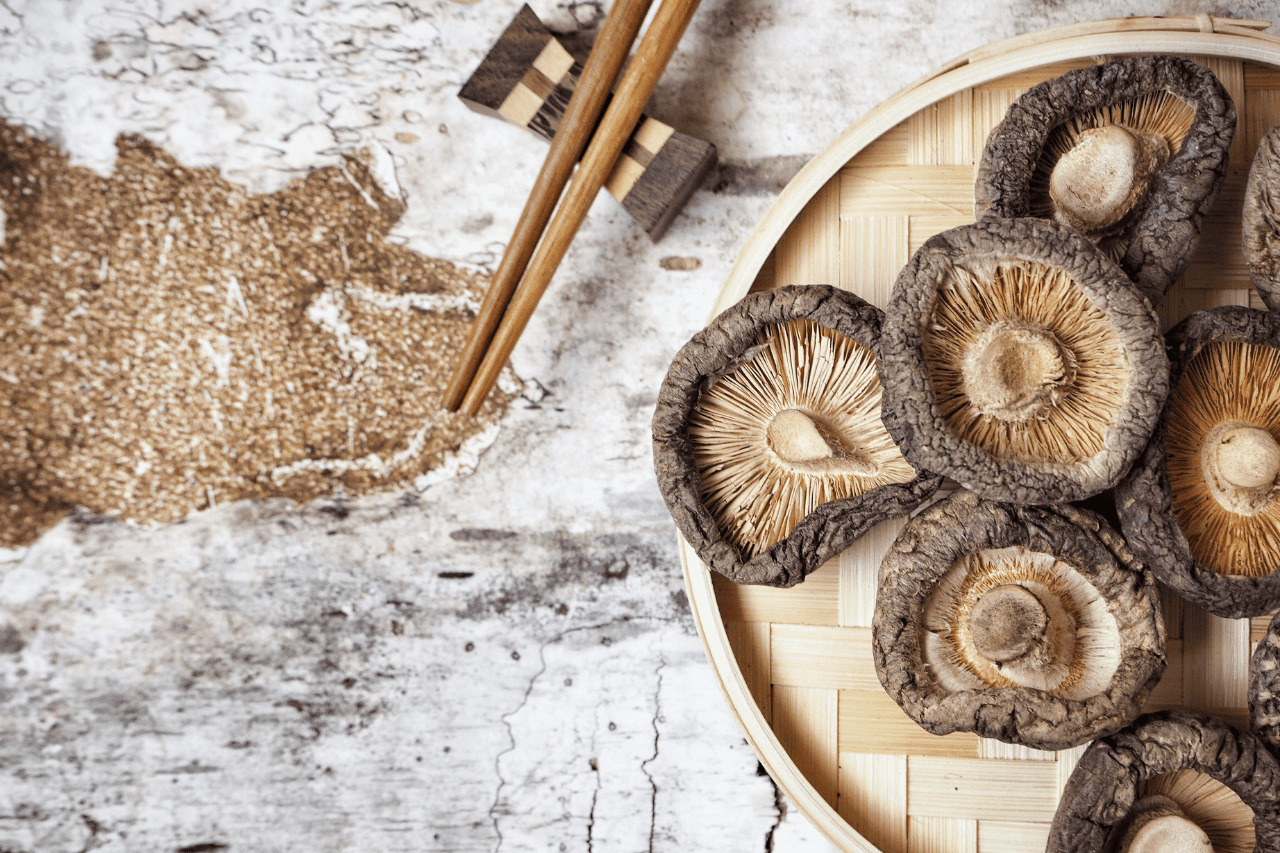
Although the brain remains the most mysterious organ in the body, our knowledge of the brains functions is growing rapidly. The brain’s functions have
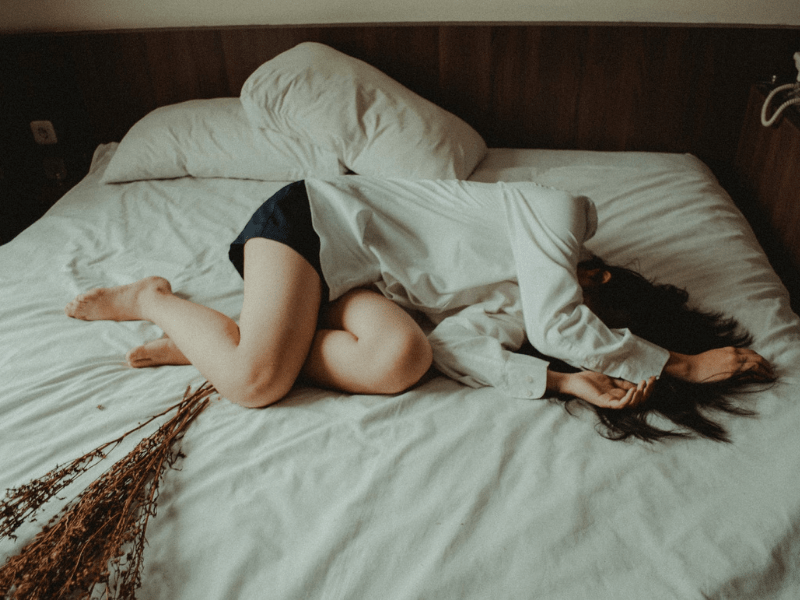
Microdosing is a growing phenomenon. However, research on its benefits and effects is still in its infancy compared to those involving full doses of psychedelics.

As the sun reaches its highest point in the sky during the summer solstice and the darkest night looms in the depths of
GET 10% DISCOUNT WITH NOTIFIED ABOUT THE LATEST NEWS AND UPDATES. NO SPAM, WE PROMISE!
FREE Tracked shipping on orders over €250 to EU countries.
Monday- Friday 8.30am- 5pm (CET)
A range of options available
Guaranteed delivery or your money back